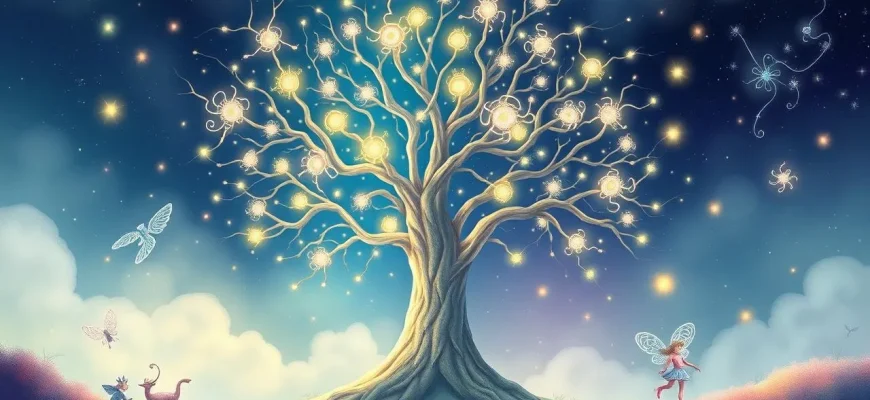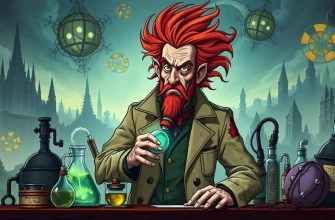Fancy a cinematic journey that blends the fantastical with the scientific? This curated list of fantasy films delves into the intricate world of neurobiology, offering viewers a unique blend of imagination and science. These films not only entertain but also provoke thought about the complexities of the human mind, making them a perfect watch for those intrigued by both fantasy and the science behind our thoughts and emotions.
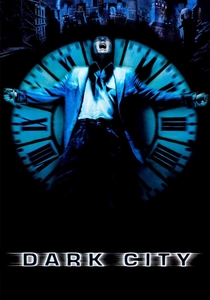
Dark City (1998)
Description: In this neo-noir sci-fi, a man wakes up with no memory, only to discover that his reality is being manipulated by beings who can alter memories and physical environments, exploring the malleability of the human mind.
Fact: The film's visual style was influenced by German Expressionism and film noir.
 Watch Now
Watch Now

The Matrix (1999)
Description: Although more sci-fi than fantasy, the concept of a simulated reality controlled by machines touches on themes of consciousness, perception, and the brain's ability to interpret reality.
Fact: The film's concept was influenced by various philosophical and scientific theories, including Plato's Allegory of the Cave.
 Watch Now
Watch Now
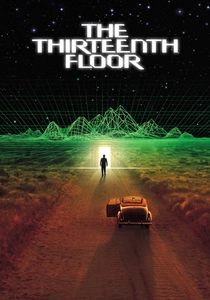
The Thirteenth Floor (1999)
Description: This film delves into virtual reality and the concept of simulated worlds, touching on themes of consciousness and the brain's ability to perceive reality.
Fact: The film is loosely based on the novel "Simulacron-3" by Daniel F. Galouye.
 Watch Now
Watch Now
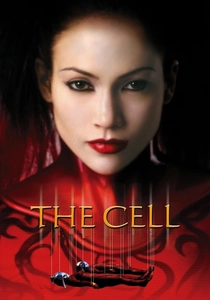
The Cell (2000)
Description: A psychologist enters the mind of a comatose serial killer to find his latest victim, exploring the surreal landscapes of the human psyche. The film's visual representation of the brain's inner workings is both fantastical and thought-provoking.
Fact: The film's dream sequences were inspired by the works of Salvador Dalí and H.R. Giger.
 Watch Now
Watch Now
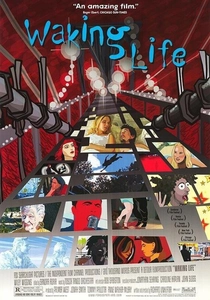
Waking Life (2001)
Description: This animated film follows a young man through a series of dreamlike encounters, exploring philosophical questions about reality, consciousness, and the nature of existence.
Fact: The film features interviews with real-life philosophers and thinkers, blending their ideas into the narrative.
 Watch Now
Watch Now
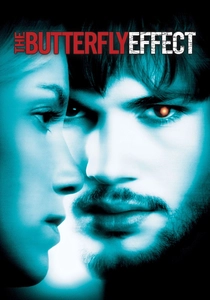
The Butterfly Effect (2004)
Description: The protagonist discovers he can travel back in time to change the past, exploring the impact of memories and decisions on the brain's development and reality.
Fact: The film's title refers to the chaos theory concept where small changes can lead to significant outcomes.
 Watch Now
Watch Now
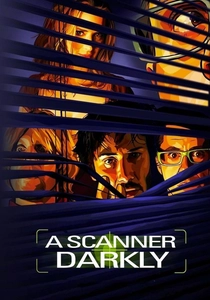
A Scanner Darkly (2006)
Description: This animated film explores themes of identity, addiction, and the brain's ability to deceive itself, based on Philip K. Dick's novel about a future where drug use alters perception.
Fact: The film uses rotoscoping, a technique that blends live-action with animation, to depict the altered states of consciousness.
 Watch Now
Watch Now

Inception (2010)
Description: While not strictly about neurobiology, this film delves into the concept of dreams within dreams, exploring the subconscious mind and the manipulation of memories, which has roots in neuroscientific theories.
Fact: The film's dream logic was influenced by the works of Carl Jung and Sigmund Freud.
 Watch Now
Watch Now
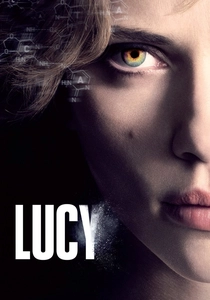
Lucy (2014)
Description: This film explores the concept of unlocking the full potential of the human brain, with Lucy gaining extraordinary abilities as she taps into the unused 90% of her brain. It's a perfect blend of fantasy and neuroscience.
Fact: The film was inspired by the myth that humans only use 10% of their brain, which is scientifically inaccurate but makes for an intriguing plot.
 Watch Now
Watch Now
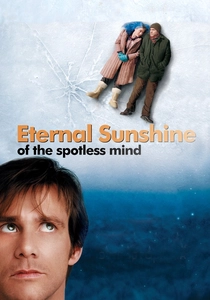
Eternal Sunshine of the Spotless Mind (2004)
Description: This film explores the idea of erasing memories, touching on themes of identity, memory, and the brain's plasticity. It's a poignant look at how memories shape us.
Fact: The film was inspired by a short story by Charlie Kaufman, which itself was inspired by a real-life memory-erasing technology.
 30 Days Free
30 Days Free

